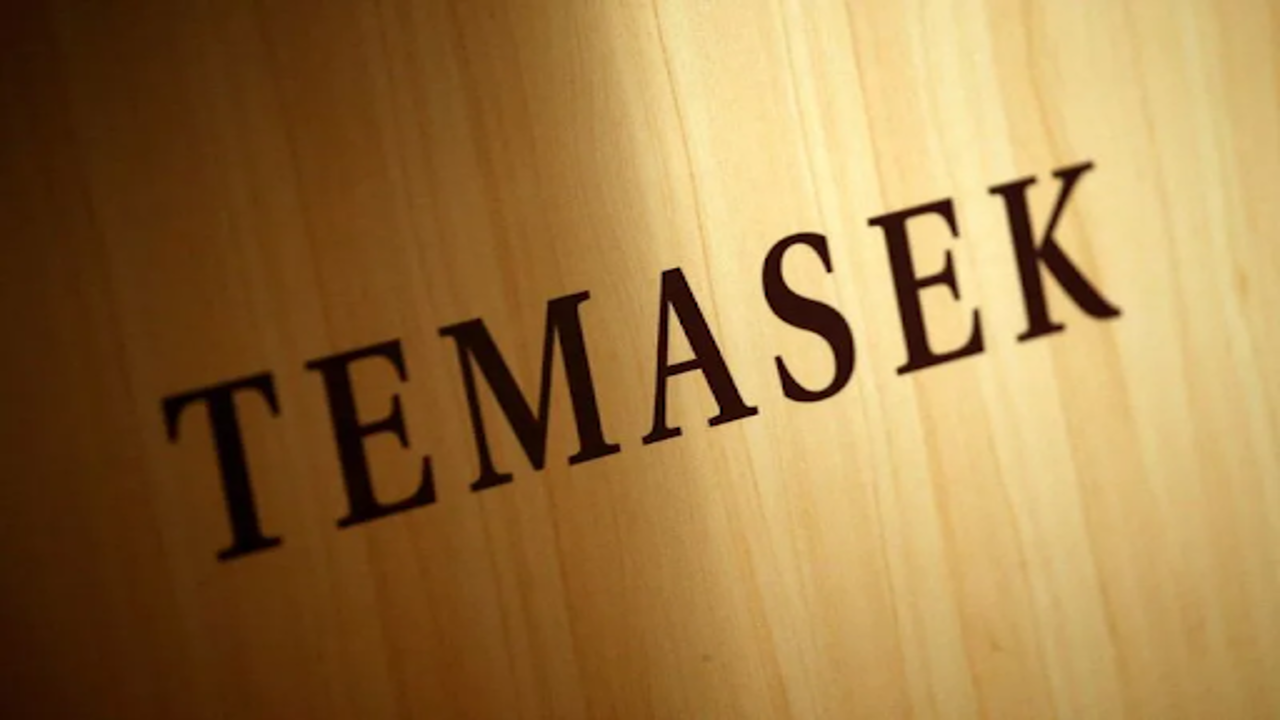
A Temasek logo is displayed at the yearly Temasek Review event in Singapore. Yahoo Finance
Singapore's state-owned investment firm, Temasek, is gearing up to invest a whopping $30 billion in the U.S. over the next five years. This ambitious move targets key sectors such as healthcare, financial services, and technology.
Jane Atherton, the head of North America for Temasek, emphasized the allure of the U.S. market, stating, "It's an incredibly deep and broad capital market in the U.S. The U.S. is really at the forefront of everything that's happening from the AI perspective."
Indeed, the U.S. economy has been outperforming expectations, with impressive growth in the second quarter that has outpaced global peers. Despite some market fluctuations, the S&P 500 has surged 14.5% this year, driven largely by the excitement surrounding advancements in artificial intelligence.
On the other hand, China's economy has shown signs of weakness, with slower-than-expected growth reported recently. In response, China has cut key interest rates in an attempt to stimulate its economy. This contrast in economic performance is notable, as Temasek's investment portfolio reveals a significant shift. Currently, 22% of Temasek's investments, amounting to $63 billion, are in the Americas, while 19% are in China. This marks the first time in a decade that Temasek's exposure to the Americas has surpassed that of China.
Within the U.S., Temasek's focus will be on sectors heavily influenced by artificial intelligence, including data centers, semiconductors, and battery storage. These areas are seen as pivotal in the ongoing technological revolution.
Atherton also highlighted that Temasek's profitable investments in the U.S. and India have been crucial in offsetting weaker performance in China. Temasek is adopting a cautious stance towards China due to ongoing trade tensions and geopolitical concerns. "Geopolitics always plays a role," Atherton remarked, noting that China's performance has lagged behind the U.S. and the rest of the world over the past three years.
Temasek oversees a $288 billion portfolio with a strong emphasis on long-term investments aligned with themes like digitization and sustainability. Atherton pointed out that the future performance of U.S. stocks will largely depend on earnings, especially in the tech mega-cap sector. "You've seen some multiple expansions, but that's been driven by higher growth, and in theory, it'll pay for it," she explained.
Additionally, Temasek is eyeing opportunities in both public and private markets, particularly as more private equity firms are looking to divest. This diversified approach underscores Temasek's strategy to capitalize on the robust and dynamic U.S. market.















